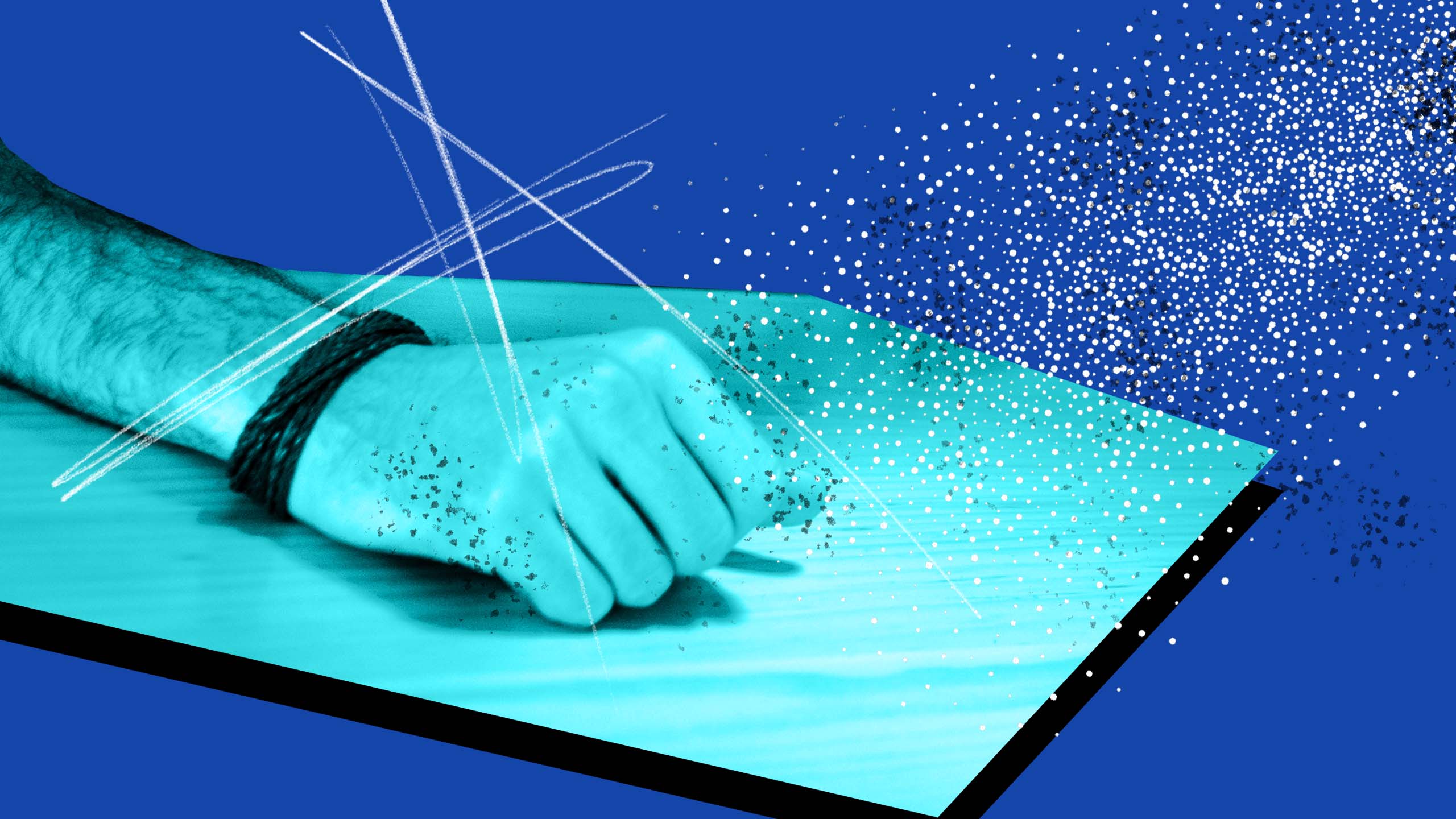A new survey finds that many Americans lack basic knowledge on the mpox virus—even gay and bisexual men.
In a survey released August 15, the research organization Morning Consult found that 33 percent of respondents in the United States weren’t sure how mpox spreads. Nearly half of survey takers (46 percent) knew that direct contact with bodily fluids, scabs or infectious rashes could cause infection. Just over a third (34 percent) were aware that respiratory secretions from prolonged contact with an infected person could spread mpox.
Elsewhere in the survey, only a quarter of respondents (26 percent) knew that touching items that had come into contact with infectious rashes or bodily fluids could spread mpox, and only five percent were aware that it could be transmitted between a pregnant person and their fetus.
Gay or bi men only fared slightly better than the general U.S. public: 28 percent said that they weren’t sure how mpox spreads at all. They were roughly even with Americans as a whole by almost every metric: 46 percent didn’t know the virus could be spread through direct contact, 34 percent weren’t aware it could be transmitted through respiratory secretions and 26 percent said they didn’t know they could get mpox by touching objects that had come in contact with an infected area.
Despite the vast majority of mpox patients being gay or bi men, the survey also found that Americans as a whole are nearly as concerned about mpox as the LGBTQ2S+ community. More than two-thirds of gay or bi men (68 percent) were worried about the spread of mpox in the U.S., which is slightly larger than 61 percent of American adults who said the same.
The attitudes of gay or bi men and the general population diverged in two key areas: a willingness to get vaccinated, and their overall trust in the Centers for Disease Control (CDC) to manage the disease. A majority of gay or bi men (55 percent) said that they would get vaccinated against mpox, compared to just 38 percent of the general population. Moreover, nearly three-quarters of queer men (73 percent) trust the CDC to slow the spread of mpox, compared to 56 percent American adults generally.
Dr. Erica Johnson, chair of the infectious disease board of the American Board of Internal Medicine, said that gay or bi men’s trust in the CDC was “reassuring,” especially as trust in medical institutions wanes amid the COVID-19 pandemic.
“Trust in our institutions to help provide information to controlling the infection and seeking treatment when necessary, presenting for care, following through with recommendations for public health with respect to isolation, all of these things are really necessary in order to gain control of this particular infection,” Johnson told Morning Consult.
The U.S. government has taken steps to address the myriad issues identified by the survey. On August 4, Health and Human Services Secretary Xavier Becerra declared mpox a public health emergency, a move that the government hopes will spread awareness of the disease.
The Biden administration is specifically hoping to increase availability of the JYNNEOS vaccine, the only mpox vaccine the Food and Drug Administration has approved. Last week the FDA and the Department of Health and Human Services signed off on a plan that would allow five shots to be administered per vial of vaccine. This would turn the existing 441,000 doses of the vaccine into two million shots, and the CDC recommends that people receive two doses of the vaccine 28 days apart.
Mpox has disproportionately affected queer men, with the CDC reporting that 99 percent of U.S. mpox patients are men who have sex with men. That same report found Black and Latinx people account for 58 percent of all mpox patients, despite accounting for just 30 percent of the American population. Currently, the CDC has confirmed 11,890 cases of mpox among Americans.
Dr. Carlos Rodriguez-Diaz, an associate professor of prevention and community health who studies health inequities in sexual minority groups, noted the impact that mpox has had on Black and Latinx communities. While citing the “need to tailor messaging that is relevant for different communities,” Rodriguez-Diaz expressed optimism that the LGBTQ2S+ community generally “follows science, follows recommendations and [is] willing to take preventative measures.”
“So we just need to make [mpox vaccines] available,” Rodriguez-Diaz told Morning Consult. “We currently have more arms than vaccines.”


 Why you can trust Xtra
Why you can trust Xtra


